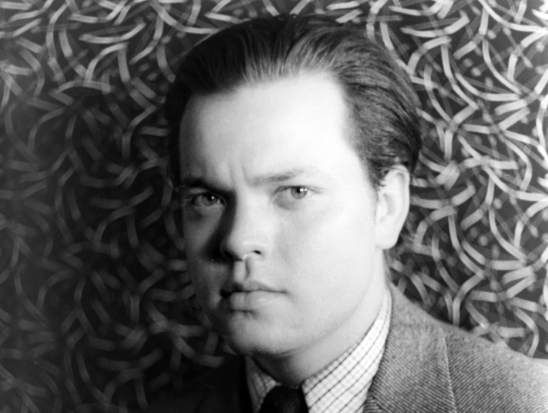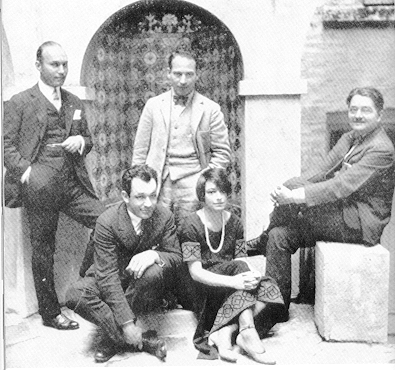In 1982, John Michael Osbourne was playing a show at the Veterans Memorial Auditorium, in Des Moines, Iowa. During the set, a fan tossed a bat onstage. Having drunkenly bitten off a dove’s head some months earlier, Osbourne obeyed his instincts and decapitated the bat in similar fashion. With a single bite, Osbourne, known as Ozzy to his legion fans, had become the most notorious example of metal’s dangerous, ungodly ways.
Those wary of metal’s loud sounds and louder hair will likely be surprised by what they find in the BBC documentary, Heavy Metal (1989), above. Interspersed amidst headbanging performances by Metallica, Motorhead, and Slayer, Heavy Metal includes several entertaining interviews, including an arrestingly sedate Osbourne together with Geezer Butler, Black Sabbath’s bassist and lyricist, who discuss launching their careers in a blues band. How does Osbourne justify the grim, confronting nature of Black Sabbath’s lyrics?
“It’s heavy metal, so you’ve got to put a heavy lyric to it. I suppose writing about the darker forces and about the darker sides of, whatever, fits the music. You would hardly write about a love song to that… kind of heaviness.”
In contrast with their brash, outsized personas, most interviewees are surprisingly demure. Axl Rose’s boasts of Guns N Roses’ musical integrity aside, Black Sabbath, Napalm Death, and Iron Maiden all prove disappointing ambassadors of satan-worship, providing lucid commentary on the state of metal, the differences between its American and English varieties, and codpieces. Iron Maiden’s Bruce Dickinson, whose non-musical pursuits include beer brewing, piloting commercial aircraft, penning novels, and Olympic-level fencing, distinguishes himself as the most thoughtful and engaging of the bunch.
For an entertaining look at the state of metal in 1989, watch the full documentary here. It’s also listed in our collection of Free Documentaries, part of our collection of 635 Free Movies Online.
Ilia Blinderman is a Montreal-based culture and science writer. Follow him at @iliablinderman.
Related Content:
Headbanging Anthropologist Takes Us Through the World of Heavy Metal in 2005 Documentary
Horror Legend Christopher Lee Presents a Heavy Metal Version of The Little Drummer Boy
Orson Welles Records Two Songs with the 1980s Heavy-Metal Band Manowar




